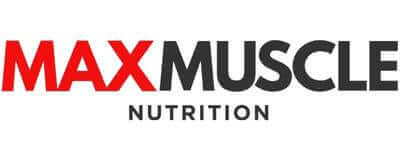Frequently Asked Questions (FAQs) About Taking Amino Acids
Q: What are amino acids? A: Amino acids are the building blocks of proteins, which are essential for the growth, repair, and maintenance of tissues in the body.
Q: Can taking amino acid supplements improve athletic performance? A: Some studies suggest that certain amino acid supplements, such as branched-chain amino acids (BCAAs), may reduce muscle soreness and fatigue during exercise. However, the effectiveness of amino acid supplements may vary depending on factors such as the type and duration of exercise, as well as individual factors such as genetics and diet.
Q: Will taking amino acid supplements help me build muscle? A: Amino acid supplements can support muscle recovery and growth, but building muscle mass requires consistent strength training, proper nutrition, and adequate recovery time.
Q: Is it safe to take amino acid supplements? A: Amino acid supplements are generally safe when taken in appropriate doses from reputable manufacturers that follow good manufacturing practices. It's crucial to follow the recommended dosage guidelines on the label and avoid exceeding the daily recommended intake.
Q: Can amino acid supplements cause negative side effects? A: Some amino acid supplements, such as BCAAs, may cause digestive issues when taken in high doses. Additionally, some individuals may experience an allergic reaction to certain amino acids. Potential negative side effects of amino acid supplements can include:
- Digestive issues
- Allergic reactions It's important to consult with a healthcare professional before taking any new supplements, especially if you have any underlying health conditions or take medications.
Q: Can amino acid supplements interact with medications? A: Yes, some amino acid supplements can interact with medications. It's important to inform your healthcare provider of any supplements you're taking to avoid potential interactions.
Q: Can I get enough amino acids from food alone? A: It is possible to get enough amino acids from a diet rich in protein from sources such as meat, fish, eggs, and beans. However, amino acid supplements can provide a convenient and efficient source of protein to supplement the diet, especially for those who have higher protein needs or have difficulty meeting their protein needs through food alone.
In summary, amino acid supplements can support muscle recovery and growth and provide a convenient source of protein to supplement the diet, but they are not a substitute for proper nutrition and exercise. It's important to choose high-quality supplements, follow recommended dosage guidelines, and consult with a healthcare professional before taking any new supplements.
